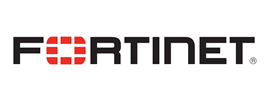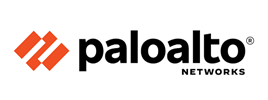- Course overview
- Course details
- Prerequisites
Course overview
This three-day course is designed to cover introductory best practices, theory, and design principles for overall network design.
Course details
Day 1
Module 1: Course Introduction
Module 2: Network Design Fundamentals
• A Need for Design
• Knowledge is King
• A Proposed Design Methodology
• A Reference Network
Module 3: Understanding Customer Requirements
• RFP Requirements
• Scoping the Design Project
• Analyzing the Data
Lab: Understanding Customer Requirements
Module 4: Organizing the Data
• Processing the Data and Requests
• Understanding Boundaries and Scope
• Design Proposal Considerations
Module 5: Securing the Network
• Why Secure the Network?
• Security Design Considerations
Day 2
Module 6: Creating the Design—Campus
• The Campus Network: An Overview
• Best Practices and Considerations
• Architectural Design Options
Lab: Creating the Design—Campus
Module 7: Creating the Design—Wide Area Networks
• The WAN: An Overview
• Best Practices and Considerations
• WAN Design Examples
Lab: Creating the Design—WAN
Module 8: Creating the Design—Data Center
• The Data Center: An Overview
• Best Practices and Considerations
• Data Center Design Examples
Lab: Creating the Design—Data Center
Module 9: Business Continuity and Network Enhancements
• Business Continuity Planning
• High Availability Design Considerations and Best Practices
• Offerings and Solutions
• CoS and Traffic Engineering Considerations
• Environmental Design
Day 3
Module 10: Network Management
• Designing for Network Management
Module 11: Automation
• Designing for Network Automation
• Lab: Enhancing the Design
Module 12: Putting Network Design into Practice
• Network Design Recap
• Responding to the RFP
• Final Lab Introduction
Lab: Putting Network Design into Practice
Appendix A: Network Migration Strategies
• Migration Overview
• Migration Approaches
• Migration Examples
Appendix B: Sample Campus Designs
• Campus Topology Examples
• Appendix C: Sample Response to RFP
• Example of an Actual Juniper Networks RFP Response
Prerequisites
- Knowledge of routing and switching architectures and protocols.
- Knowledge of Juniper Networks products and solutions.
- Understanding of infrastructure security principles.
- Basic knowledge of hypervisors and load balancers.
Enquiry
Course : Juniper Networks Design Fundamentals
Enquiry
request for : Juniper Networks Design Fundamentals





















